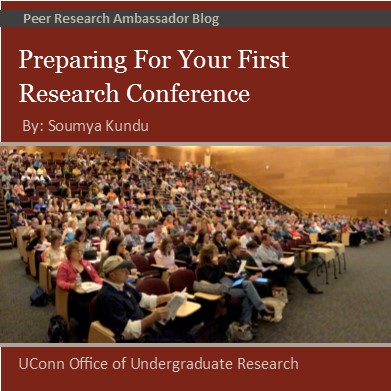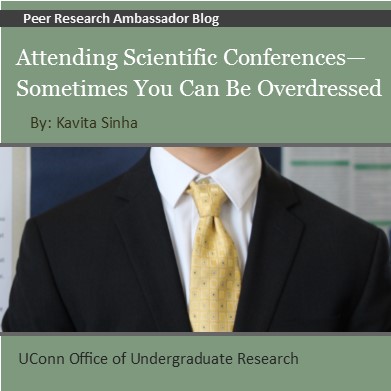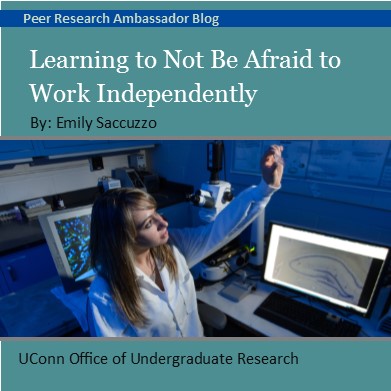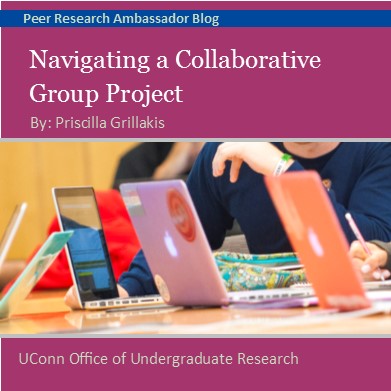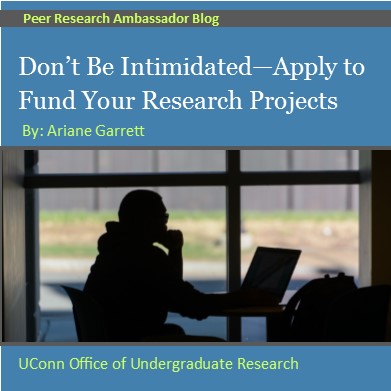Undergraduate students who are interested in participating in a summer research or internship program need to plan ahead. December is the time to gather together all the required elements of the applications, including faculty letters of recommendation. All of the exciting summer opportunities listed below have application deadlines in December or January! Don’t miss the opportunity to get research experience.
DAAD RISE – Research Internships in Science and Engineering in Germany
Deadline: Applications are due by December 15, 2017; Letters of Reference are due by January 2, 2018 https://www.daad.de/rise/en/
DAAD RISE gives students in the fields of biology, chemistry, earth sciences, engineering and physics the chance to spend a summer working on research projects with doctoral students at German universities and research institutions. Interested students must first register online between November 1, 2017 and December 15, 2017. Students will then be able to access the internship offers submitted by the doctoral students in Germany prior to completing the application.
Mickey Leland Energy Fellowship Program (MLEF)
Deadline: January 3, 2018; http://orise.orau.gov/mlef/
The Mickey Leland Energy Fellowship (MLEF) is sponsored by the U.S. Department of Energy’s Office of Fossil Energy. It is a 10-week summer internship program that provides opportunities to students who are pursuing degrees in STEM fields. The goal of the program is to improve opportunities for minority and female students in these fields, but all eligible candidates are encouraged to apply. Selected undergraduates receive a weekly stipend of $600.
Summer Neuroscience Undergraduate Research Fellowship (SNURF) – University of Vermont
Deadline: January 10, 2018; https://www.med.uvm.edu/neuro/snurf
Two summer research programs will be hosted by the University of Vermont. One is funded by NSF and the other by the National Institute of Neurological Disorders and Stroke (NINDS). Both offer generous stipends and housing. Interested students may apply to only one of the two programs. Details available on the website.
Science Undergraduate Laboratory Internships (SULI)
Deadline: January 12, 2018; https://science.energy.gov/wdts/suli/
The Science Undergraduate Laboratory Internship (SULI) program encourages undergraduate students to pursue science, technology, engineering, and mathematics (STEM) careers by providing research experiences at one of 17 participating Dept. of Energy laboratories.
Cold Spring Harbor Undergraduate Summer Research Program 2018
Deadline: January 15, 2018; http://www.cshl.edu/education/urp
The URP program is designed to give students an opportunity to conduct first-rate research under the supervision of senior laboratory staff in the areas of cancer biology, neuroscience, plant biology, cellular and molecular biology, genetics and bioinformatics and genomics. Selected students receive room and board in addition to a $5,000 stipend.
ThinkSwiss Research Scholarships
Deadline: January 15, 2018; http://thinkswiss.tumblr.com/About
ThinkSwiss scholarships support highly motivated undergraduates who are interested in doing research at a public Swiss university or research institute. The scholarship is open to students in all fields. A monthly stipend of approximately $1,050 is provided for a period of 2-3 months.
Summer ORISE Fellowship Opportunities at the CDC
Deadline: January 19, 2018; http://www.cdc.gov/nceh/dls/orise.html
Appointments through the Oak Ridge Institute for Science and Education (ORISE) Fellowship Program. Undergraduate students majoring in the applied sciences may apply. Biology and chemistry majors are preferred. Stipend of approximately $2,800 per month for undergraduate students.
Natural History Research Experiences (NHRE)
Deadline: January 24, 2018; http://www.mnh.si.edu/NHRE/index.htm
This is a 10-week summer internship program at the National Museum of Natural History, Smithsonian Institution in Washington, DC. NHRE interns work closely with scientific mentors to complete independent research projects in Earth science, Biology, and Anthropology. Interns will receive a stipend of $6,000 and be provided dorm housing at George Washington University.
Summer Public Health Scholars Program (SPHSP) – Columbia University
Deadline: January 31, 2018; http://ps.columbia.edu/education/student-life/office-diversity/programs/college-and-post-baccalaureate-students/summer-publ
The Summer Public Health Scholars Program (SPHSP) is designed for undergraduate students who are interested in public health and biomedical science careers. Applicants must have completed at least two years of college. Students from underrepresented groups are encouraged to apply. Approximately 40 students will be selected to participate. Students will receive a stipend, housing, and round trip travel.
